Understanding Macular Degeneration: Causes, Symptoms, and Treatment Options
For many, the thought of losing eyesight is one of the most frightening possibilities. We rely on our vision every day—for work, for enjoyment, and for safely navigating the world around us. Macular degeneration is the leading cause of vision loss, and understanding its symptoms and risk factors can help you take proactive steps to protect your eye health.
At Optometrists’ Clinic Edmonton, we emphasize the importance of regular eye exams to catch early signs of macular degeneration before significant vision loss occurs. Here’s what you need to know about this condition and how you can manage it effectively.
What Is Macular Degeneration?
Macular degeneration is a progressive and incurable eye disease that affects millions of people worldwide. The condition occurs when the central portion of the retina, known as the macula, deteriorates, impairing the eye’s ability to send images to the brain. Over time, this leads to blurry or distorted central vision, making everyday tasks like reading, driving, and recognizing faces more difficult.
The exact cause of macular degeneration isn’t fully understood, but research suggests it may be linked to both genetic and environmental factors. While aging is the most significant risk factor, lifestyle choices such as smoking, poor diet, and excessive UV exposure can also contribute to the disease’s progression.
Types of Macular Degeneration
There are two main types of macular degeneration:
1. Dry Macular Degeneration
- Most common form of the disease (about 90% of cases).
- Occurs when the macula thins over time, leading to gradual vision loss.
- Small yellow deposits called drusen accumulate under the retina, interfering with normal visual function.
- While dry macular degeneration progresses more slowly, it can eventually lead to significant central vision impairment.
2. Wet Macular Degeneration
- Less common but more severe form of the disease.
- Caused by the growth of abnormal blood vessels beneath the retina, which leak blood and fluid into the macula.
- Leads to sudden and severe vision loss if left untreated.
- Requires immediate medical attention to slow progression and prevent irreversible damage.
Stages and Symptoms: When to See an Optometrist
Macular degeneration develops in stages, and symptoms may not always be noticeable in the early phases. Regular eye exams are crucial to detecting changes before vision loss becomes severe.
Stage 1: Early Macular Degeneration
- Often no noticeable symptoms at this stage.
- Your optometrist can detect small drusen deposits beneath the retina during an eye exam.
- If diagnosed early, lifestyle changes and regular monitoring can help slow progression.
Stage 2: Intermediate Macular Degeneration
- Some blurring of central vision may begin.
- Difficulty reading small text or seeing in low-light conditions.
- Larger drusen deposits and retinal pigment changes become apparent during an exam.
- You may require corrective lenses to help compensate for mild vision loss.
Stage 3: Advanced Macular Degeneration
- Significant vision loss affecting daily activities.
- Dark spots or blind spots in central vision.
- Difficulty recognizing faces, reading, or driving.
- For wet macular degeneration, vision loss may occur suddenly and require urgent treatment.
If you experience blurry vision, difficulty reading, or dark spots in your sight, schedule an eye exam in Edmonton as soon as possible.
Can Macular Degeneration Be Treated?
While there is no cure, early detection and lifestyle adjustments can help slow progression and preserve vision. Here are some options for managing macular degeneration:
1. Lifestyle Changes for Eye Health
- Eat a nutrient-rich diet with leafy greens, fish high in omega-3 fatty acids, and antioxidant-rich foods.
- Avoid smoking, as it significantly increases the risk of macular degeneration.
- Maintain a healthy weight and engage in regular exercise.
- Wear sunglasses that block 100% of UVA and UVB rays to protect your eyes from harmful UV exposure.
2. Prescription Treatments for Wet Macular Degeneration
- Anti-VEGF injections can slow or halt the growth of abnormal blood vessels in wet macular degeneration.
- Laser therapy may be used to destroy abnormal blood vessels and prevent further damage.
3. Low Vision Aids
For those with advanced macular degeneration, magnifying devices, high-contrast screens, and specialized lighting can help maximize remaining vision.
Protect Your Vision with Regular Eye Exams in Edmonton
Macular degeneration is a serious condition, but with early detection and proactive care, you can take steps to preserve your sight for as long as possible. If you are over 40, have a family history of macular degeneration, or have noticed any changes in your vision, schedule an eye exam in Edmonton today.
At Optometrists’ Clinic Edmonton, we offer comprehensive eye care to monitor your eye health, diagnose macular degeneration, and provide personalized treatment recommendations.
Book your next eye exam today at one of our convenient locations in Edmonton, Leduc, or Westlock. Contact us online or call to schedule your appointment!




